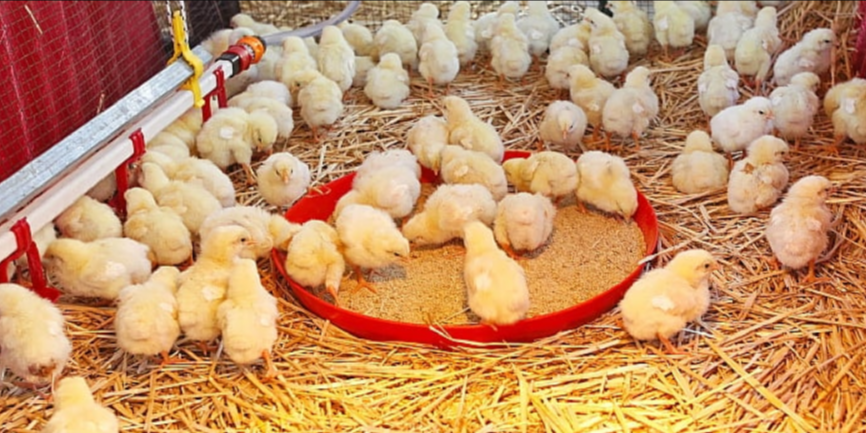The Ghanaian government is set to launch a GHC200 million (approx. $17 million) poultry initiative aimed at reducing the country’s dependence on imported chicken, which currently accounts for more than 80% of national consumption and costs over $300 million annually.
Dubbed the Nkoko Nkitinkiti Programme, the initiative will roll out in the first week of October after months of delay. Officials say the programme will inject 3 million birds into the local market, with the goal of strengthening the domestic poultry sector and improving food security.
Under the plan, each of Ghana’s 275 constituencies will receive 10,000 birds free of charge. An additional 80,000 birds will be distributed to 50 commercial-scale poultry farmers. Medium-scale farmers are also expected to receive allocations ranging from 1,000 to 3,000 birds. While the birds allocated to constituencies will be provided at no cost, commercial and medium-scale farmers will repay the value over time.
"This programme is a strategic intervention to reduce import dependency and promote local production," Agriculture Minister Eric Opoku said during a recent stakeholder engagement. “Procurement is nearly complete, and distribution will begin shortly after the official launch by His Excellency the President.”
The project—first scheduled for July—faced delays that drew criticism from poultry associations seeking clarity on timelines. Kwame Anim Somuah, President of the Greater Accra Poultry Farmers Association, expressed concern earlier this month, saying, “It’s been touted for a long time. We just want clear communication so we can plan our production cycles. These birds mature in under two months, but if the programme isn’t timed properly, farmers may not have a market.”
Ghana’s poultry sector has long struggled to compete with cheaper imports from the U.S., Brazil, and the EU, despite years of government pledges to boost domestic output. Officials hope Nkoko Nkitinkiti will serve as a turning point by addressing key barriers such as access to day-old chicks, scale of production, and integration into structured markets.
The Ministry of Food and Agriculture said the rollout will be supported by private contractors, and beneficiary lists are being finalized. Once operational, the programme is expected to catalyze broader investment in feed production, veterinary services, and cold chain infrastructure.
The initiative forms part of a broader effort by the government to curb food import bills, reduce pressure on the local currency, and enhance agricultural self-sufficiency.













